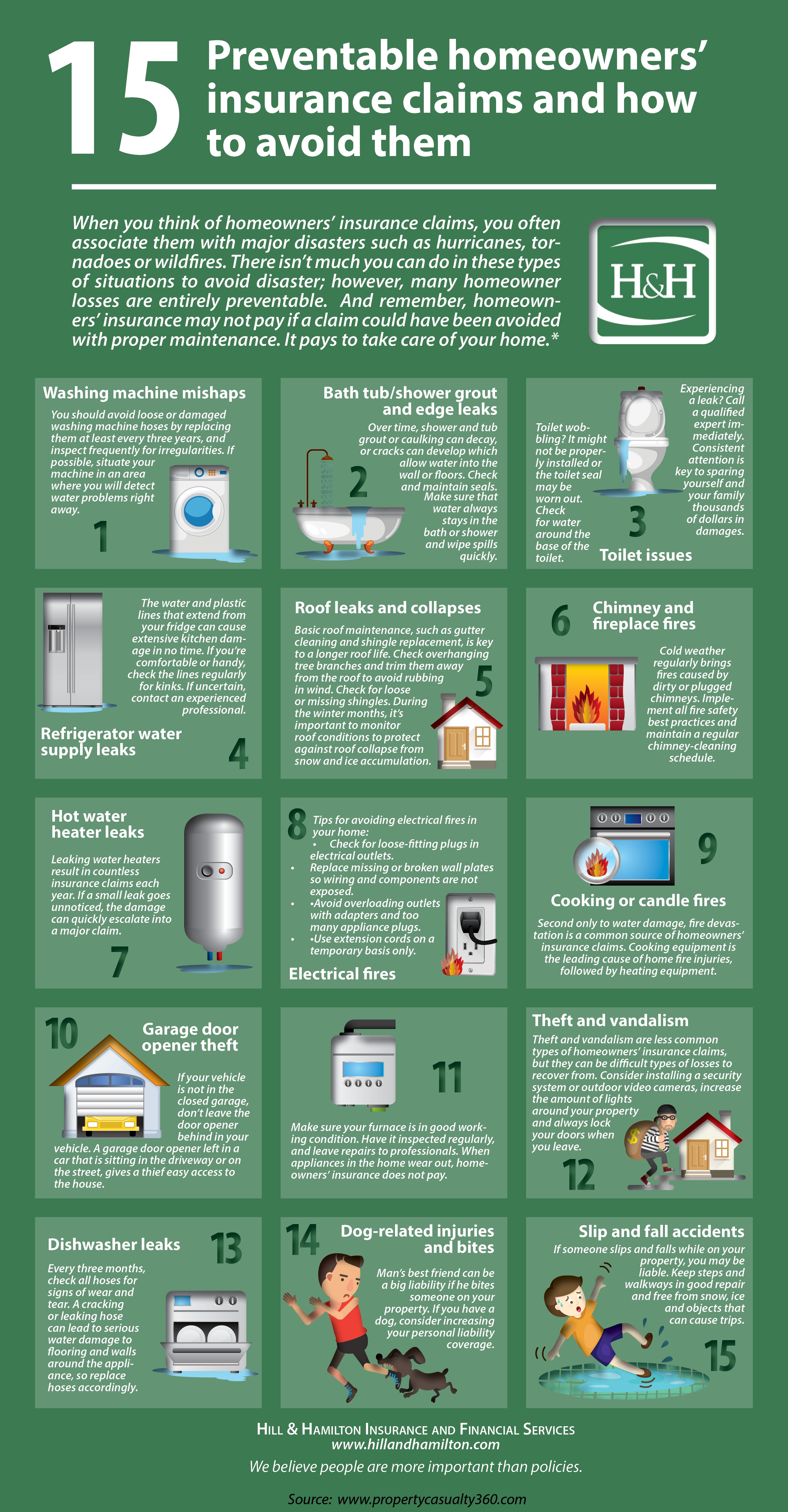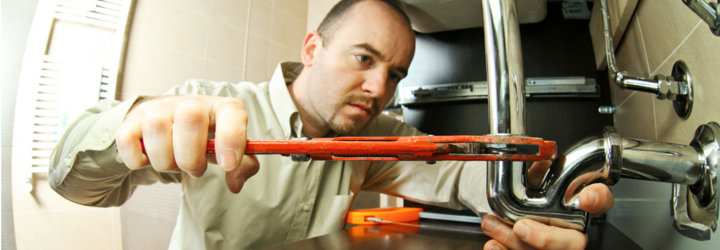Have you ever found yourself in a situation like this? When Kathy turned on her bathroom faucet late at night, water just trickled out. She couldn’t figure it out, so she decided to wait until morning to call a plumber. Unfortunately, she awoke to a flooded living room, unaware that her pipes had frozen and burst.
Or how about this?
Steve turned down his home’s thermostat to save money when he left for a winter trip. Little did he know that he’d return to find his wood floors covered in water. In his absence, water froze in a pipe on an exposed wall and burst causing significant damage.
Each winter, we get calls from clients whose property was damaged due to burst pipes. Help yourself by learning what to do to prevent or deal with frozen pipes.
- When winter temperatures hit, keep the thermostat at the same temperature both day and night, and never set it lower than 55 degrees.
- Make sure water pipes exposed to cold areas are insulated. Pay close attention to lines that run along exposed walls or in basements, attics or garages. Call a plumber if you know of certain pipes that are prone to freezing.
- If water is trickling as it comes out of a faucet in your home, it’s a sign there’s ice in the pipes. Leave the faucet running to help melt the ice, and keep cabinet doors near the pipes open to circulate warmer air. You can use a hair dryer or a carefully positioned electric space heater to help thaw the pipes. Do not use open-flame appliances or tools to heat the pipes. If those measures don’t work, call a plumber.
- Keep your garage doors closed if any water lines run through the garage. If a pipe is exposed, allow water to drip from that faucet at critical times to prevent freezing.
Curious about what you can do to prevent 15 common homeowners insurance claims?

So what happens if your pipes do freeze and subsequently burst?
Even the best laid plan can have unintended consequences, so if you find yourself dealing with the aftermath of water spraying all over your home, condo or apartment, here’s what you need to know:
- Standard property insurance typically covers your property when it is damaged by ice, water, heavy snow, or burst water pipes. Know your deductible, and call us to find out if there are restrictions or exclusions.
- Renters insurance will cover the possessions in your rented property, with limitations, but will not cover the structure (your landlord should have coverage for damage to the structure).
- Know if your insurance covers replacement cost or actual cash value.
- Understand that flood insurance is not usually part of a standard property insurance policy.
- If your home sustained damage, document your losses with video or photos, take reasonable steps to avoid further damage to your home and belongings, and call us immediately to file a claim. There are time restrictions on calling to report damage. Keep detailed records about handling your claim, including who you spoke to, the date and time of the call, and what was said. A claims adjuster will be sent by the insurance company to inspect the damage. Call us, and we’ll help you through the process.
Hopefully, by following these guidelines, you’ll never find yourself in a situation where you’re dealing with a burst pipe in your home, condo or apartment. If you have any questions about how your insurance would respond to these types of claims, please let us know. We’re here to help.
